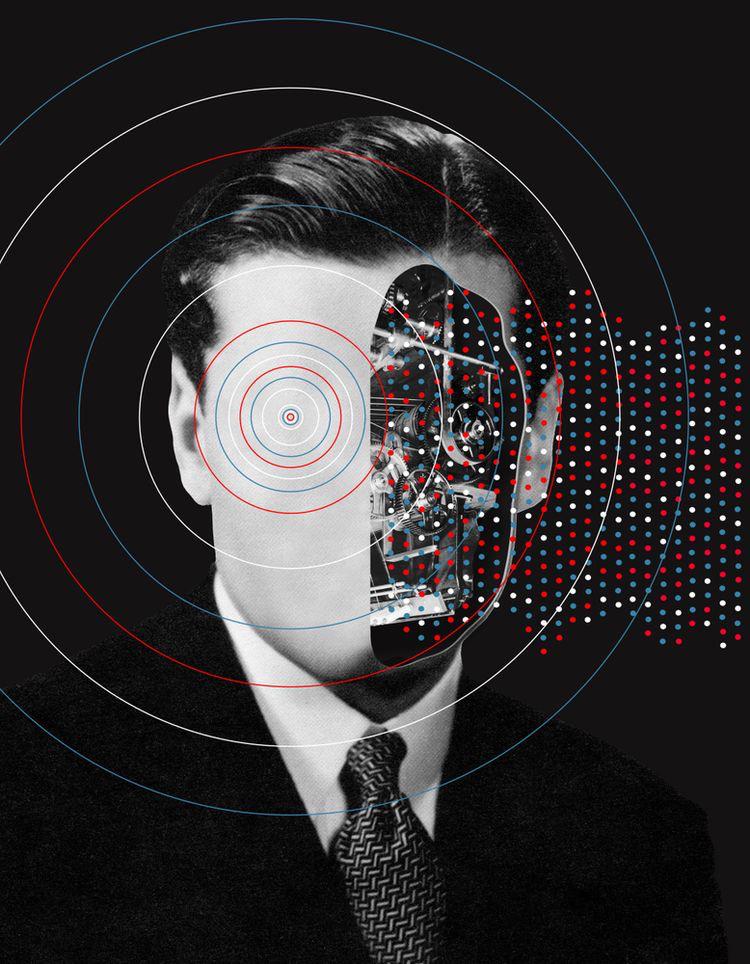Blockchain records could help us achieve herd immunity
Jaspreet Bindra
In 1917, the US Bureau of Animal Industry was worried about a mysterious cattle infection killing unborn calves. They realised that an aborted cow was highly likely to become immune to this, and calves born and raised in such an affected herd were tolerant to the disease, and the phrase ‘herd immunity’ was born. As the COVID 19 pandemic engulfs the world in wave after tsunamic wave of sickness and death, the only light at the end of this dark tunnel seems to be humans achieving vaccine-enabled herd immunity, In an earlier article written for this publication, I have maintained that the miraculously rapid development of the covid vaccines have been the biggest triumph of science in recent times – a combination of fundamental research in mRNA, the marvel of gene sequencing and the instant transmissibility with the Internet, that gave the world a ready vaccine within a year of the disease. But even as the world strives for the elusive immunity, the question of how to vaccinate almost eight billion people as rapidly as possible has not yet been answered. There are multiple obstacles to vaccinate the percentage of population to achieve herd immunity: producing enough vaccines, their logistics and transportation, and affordability. Protocols on who needs to be immunised earlier, and systems to track the vaccinated need to be built. Privacy issues around health records and demographic identity need to be addressed. Many times, social and religion-based resistance needs to be overcome, and people need an incentive, other than fear, to be vaccinated. Additionally, it is not enough to vaccinate an entire country or even an entire continent. Viruses mutate rapidly inside affected populations, and they can cross oceans with disarming ease. A lot is being done, though in a haphazard manner. The much-hyped CoWin App in India often has glitches. In the US, paper slips and paper-based records are being used. Many countries are not even bothering with a mechanism. For those who are, the mechanisms are primarily centralised, and while that has its benefits, the virus behaves in a distributed, decentralised manner. Central command and control have limited our ability to understand and react to pandemic in a timely manner, and eroded time and ability to build local and flexible systems I believe, however, that this crisis is also an opportunity to build a decentralised, robust and scalable track-and-trace backbone for this pandemic, as well as those that inevitably follow. There is a possibility to combine digitization, decentralization, data localization and data privacy together in building an agile and responsible health management ecosystem that is inclusive of institutions and citizens as a whole. A technology which could aid the above is Blockchain. This column has written about blockchain often. One way to describe it is a digital, secure, public record book of transactions, or a universal ledger in the cloud with strong cryptological protection, distributed between various parties, and only updated by consensus of a majority of the participants. Blockchains enable a high trust environment through transparency, security and immutability, and decentralisation through distributed ownership and a consensus decision-making mechanism. Blockchain has the potential to impact every industry, but the healthcare industry stands to benefit the most. One of the most promising use-case is to improve how companies track medicines and vaccines, combined with the ability to provide people with a secure and private digital health record. This backbone can also enable counterfeit-resistant ‘vaccination passports’ in a more transparent, safe and open manner, without compromising personal data. A blockchain based backbone can provide for bullet-proof safety of data, so that personal health records belong only to the person concerned and be shared only with her explicit consent. It will be virtually non-hackable preventing loss of sensitive data. A private-public consensus mechanism could prevent misuse of the data by a central authority with wrong intentions. An exciting use case is how a cryptocurrency or a coin (much like Bitcoin) can be associated with this blockchain, which could be used as an incentive for people to vaccinate themselves. The coin can be used to ‘buy’ other health benefits, or even be donated to vaccinate poorer people. The technology building blocks are already there: startups like ODE Holdings, for instance, has an application which securely stores protected data in a secure data vault and allows people to own and control their internet data, share it based on consent and share monetization, while maintaining their digital freedoms and privacy. I have written about how Blockchain can be a life-changing technology but is sometimes like a hammer looking for a nail. If the technology can help nail the vaccination and vaccine passport problem by helping us achieve herd immunity, it could certainly change the world. While the best time to start something like this was yesterday and the next best time is now.
The author publishes A fortnightly column on technology In The Mint which is a leading Indian publication
For more details Click here
FAQ
Blockchain technology has made significant strides in its development and widespread adoption in recent years. The possibilities of blockchain technology are endless. And not only in money transfers, banking services and decentralized marketplaces. Blockchain is expected to expand into many more areas, including the Internet of Things (IoT), extensive data analysis, law-making/enforcement, and finance. Blockchain technology will fundamentally change how we live and work in the future.
For businesses, blockchain technology can be seen as a type of next-generation business process improvement software. Collaborative technology, such as blockchain, has the ability to improve the business processes that occur between companies, drastically lowering the “cost of trust”, and may offer significantly higher returns for each investment ruppee spent than most traditional internal investments.
Blockchain is a reliable way of storing data about all types of transactions, and companies from Walmart, Pfizer, AIG, Siemens, Unilever, IBM and many more are using this technology to their benefit. Some of the industries that blockchain can be used in are banking and finance, currency, healthcare, property records, small contracts, supply chains and voting.


